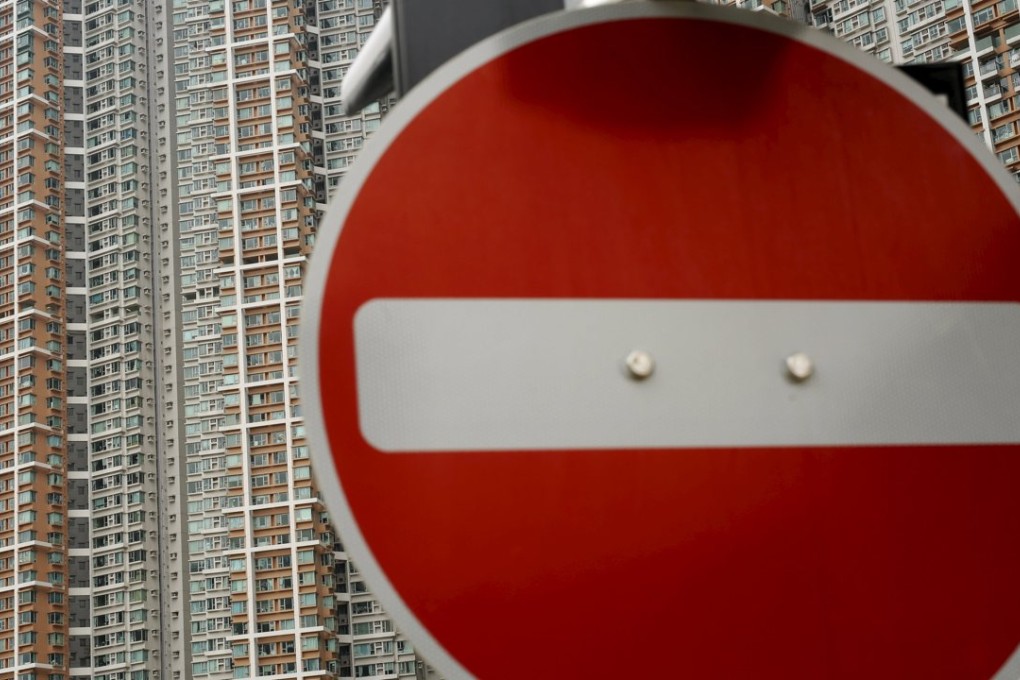Hong Kong property prices could rebound if supply targets not met, says IMF

Hong Kong property prices have fallen in recent months but could rise due to concerns about a shortage of supply, the International Monetary Fund (IMF) said.
“While property prices are showing some early signs of levelling off, the propensity for further increases remains because of the underlying shortfall in supply,” the Washington-based IMF said after assessing Hong Kong’s economic development in consultation with the city’s government.
“Sustained efforts to ensure that the targets of the 2014 long-term housing strategy are met will be important for managing public expectations regarding supply and affordability.”
Sustained efforts to ensure that the targets of the 2014 long-term housing strategy are met will be important for managing public expectations regarding supply and affordability
IMF suggested that adjustments to stamp duties could be considered if a sustained declining trend in transaction volumes is observed as that could adversely affect the broader economy.
Since the government imposed various extra stamp duties and increased new flat supply to curb price growth in 2012, home sales in the secondary market dropped to a two-year low at 40,872 last year.
The Centa-City Leading Index showed prices dropped 8.5 per cent as of January 10 from the peak in September.
Investment bank UBS has forecast home prices will fall 30 per cent from September 2015 to 2017, while others have predicted dips ranging from 5 to 15 per cent.
The slide comes after home prices soared nearly five-fold since June 2003.